On August 06, 1775 in Celtic History
Daniel o' connell, irish patriot, is born in cahirciveen, county kerry
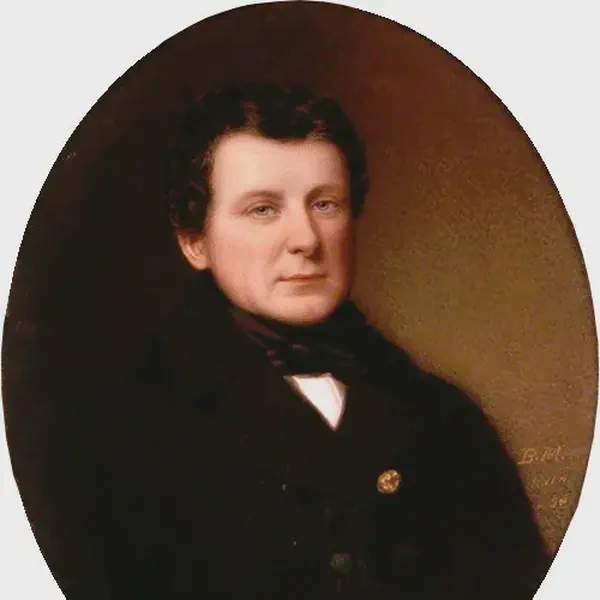
Daniel O’Connell, one of Ireland’s most influential political leaders and advocates for Catholic rights, was born on August 6, 1775, in Cahirciveen, County Kerry. Known as “The Liberator” or “The Emancipator,” O’Connell played a pivotal role in the movement for Catholic emancipation and was a key figure in the struggle for Irish self-determination.
Early Life and Education
- Family Background: O’Connell was born into a relatively prosperous Catholic family in County Kerry. Despite the restrictions on Catholics at the time, his family was able to secure a good education for him, which was instrumental in shaping his future career.
- Education: O’Connell was educated in France during the years leading up to the French Revolution, where he witnessed the revolutionary ideas that would later influence his political thinking. He went on to study law in London, becoming a barrister in 1798. His legal training provided him with the skills and knowledge to become a powerful advocate for civil rights and legal reform in Ireland.
Political Career
- Catholic Emancipation: O’Connell is best known for his leadership in the campaign for Catholic emancipation, which aimed to remove the civil disabilities imposed on Catholics in Ireland and Britain. At that time, Catholics were barred from holding public office, voting, and other basic rights due to the Penal Laws.
- The Catholic Association: In 1823, O’Connell founded the Catholic Association, a mass political movement that campaigned for the rights of Catholics. The association’s success in mobilizing the Catholic population of Ireland was unprecedented, using a combination of peaceful agitation, legal challenges, and political pressure.
- Clare Election of 1828: One of O’Connell’s most significant achievements came in 1828 when he stood for election in County Clare. Despite being ineligible to take his seat as a Catholic, O’Connell won the election by a large margin, forcing the British government to confront the issue of Catholic emancipation.
- Catholic Emancipation Act: In 1829, largely due to O’Connell’s efforts and the pressure from his election victory, the British Parliament passed the Roman Catholic Relief Act, also known as the Catholic Emancipation Act. This act allowed Catholics to sit in Parliament and hold other public offices, marking a significant victory for civil rights in Ireland and Britain.
Later Life and Legacy
- The Repeal Movement: After achieving Catholic emancipation, O’Connell turned his attention to the repeal of the Act of Union of 1801, which had merged the Irish and British Parliaments. He founded the Repeal Association and held “monster meetings” across Ireland, drawing large crowds to campaign for the restoration of an independent Irish Parliament.
- Decline and Death: O’Connell’s later years were marked by increasing opposition from both the British government and more radical elements within the Irish nationalist movement. His health declined, and he was arrested in 1844 for his activities related to the Repeal movement, though he was later released. O’Connell died on May 15, 1847, in Genoa, Italy, while on a pilgrimage to Rome.
- Legacy: Daniel O’Connell is remembered as one of the greatest political leaders in Irish history. His successful campaign for Catholic emancipation transformed Irish politics and inspired future generations of Irish nationalists. O’Connell’s commitment to non-violent methods of political change influenced leaders such as Mahatma Gandhi and Martin Luther King Jr.
Daniel O’Connell’s birth in Cahirciveen, County Kerry, marked the beginning of a life dedicated to the pursuit of justice, civil rights, and Irish self-determination. His legacy continues to be celebrated in Ireland and beyond, as a champion of freedom and equality.
More From This Day
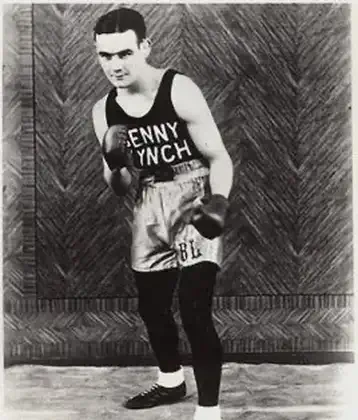
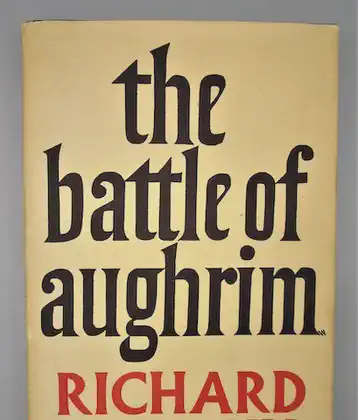
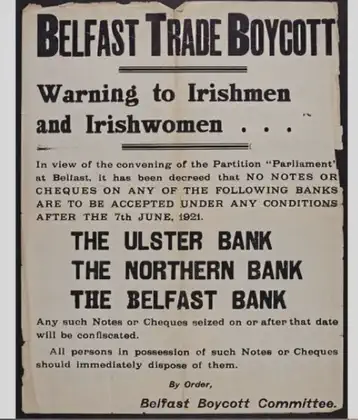
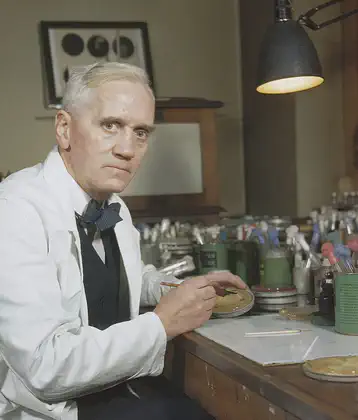
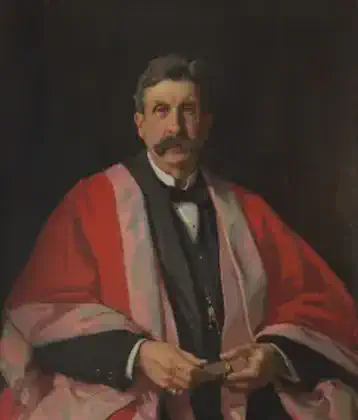
calendar
1853
Sir William Ridgeway, classical scholar, is born in Ballydermot, Co. Offaly
August 06, 1853
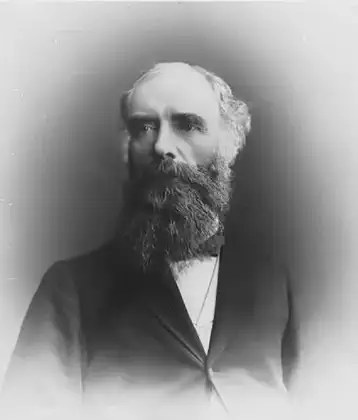

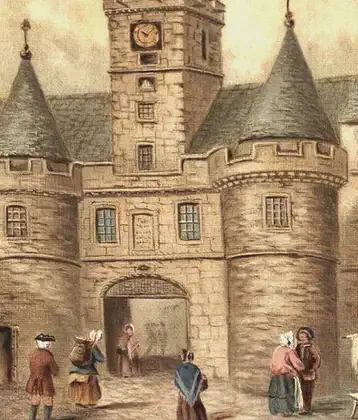
calendar
1678
First Glasgow-Edinburgh coach service began from White Horse Inn, Edinburgh.
August 06, 1678

calendar
1312
John de Wogan ceases to be justiciar; Edmund le Botiller will act as justiciar for the present
August 06, 1312